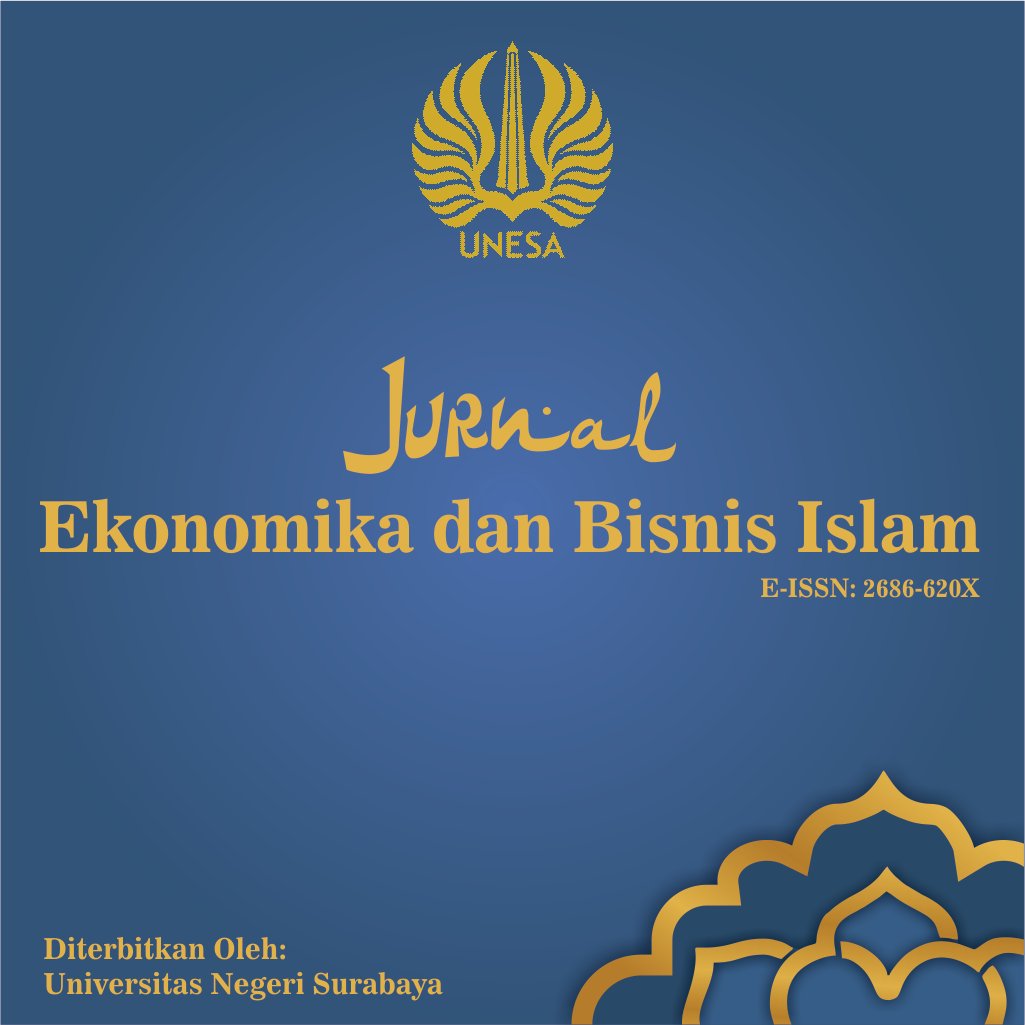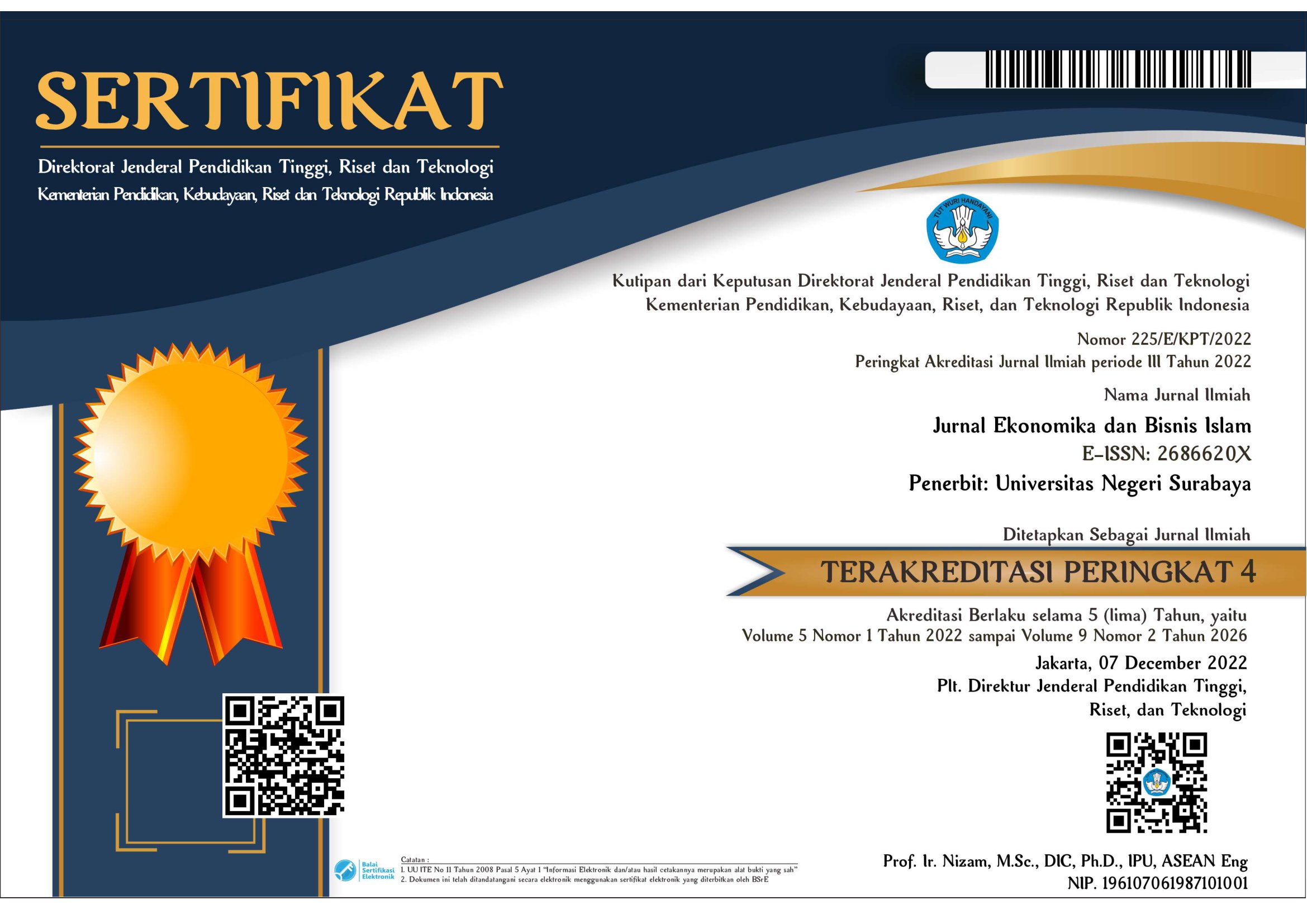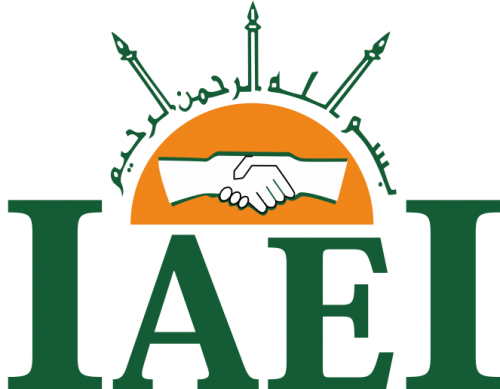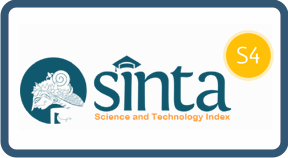Green BMT dan Mobile UGT: Perspektif Eco-Theology
DOI:
https://doi.org/10.26740/jekobi.v6n3.p63-78Keywords:
Green BMT, Mobile UGT, Eco-TheologyAbstract
Human activities are the main factor in natural imbalance. Climate change will indirectly affect the business activities of every company, including the financial industry. The emergence of the term green economy concept was motivated by increasingly deteriorating environmental conditions. BMT UGT Sidogiri provides digital services via Mobile UGT for members. This service is to reduce paper consumption at branch offices. The paperless concept is a form of activity to reduce paper consumption for a company. The aim of this research is to realize Green BMT through Mobile UGT as a form of paperless service. Based on an Eco-Theology perspective to show the Al-Quran's view of environmental conservation efforts. This research method is a qualitative type. The analysis was carried out descriptively by describing the condition of the object and relying on existing theory. Data obtained secondaryly from various existing sources. The results of this research explain that through Mobile UGT various transactions do not require physical evidence from paper materials. All transaction processes are carried out through the application on member gadgets. Mobile UGT is an example of the contribution of financial institutions in the digital era. Apart from that, realizing green BMT with paperless services. From the perspective of Eco-Theology, there are three things in protecting the environment, firstly understanding human duties as caliphs, secondly using available natural resources wisely and thirdly preserving nature.
References
Ajija, Shochrul Rohmatul. 2018. Koperasi BMT: Teori, Aplikasi, Dan Inovasi. Karanganyar: Inti Media Komunika.
Dombret, Andreas dan Patrick Kenadjian. 2021. Green Banking and Green Central Banking. Berlin: Deutsche Nationalbibliothek.
Fatihudin, Didin. 2015. Metode Penelitian: Untuk Ilmu Ekonomi, Manajemen, dan Akuntansi. Sidoarjo: Zilfatama Publishing.
Iswandi dan Indang Dewata. 2020. Pengelolaan Sumber Daya. Yogyakarta: Deepublish.
Muhammad, Abdullah. 2022. "Urgensi Pelestarian Lingkungan Hidup Dalam Al-Quran". Jurnal Pilar: Jurnal Kajian Islam Kontemporer 13 (1): 67-87. https://doi.org/10.44126/jkit.10.
Nurhayati, Aisyah, Zulfa Izzatul Ummah dan Sudarno Shobron. 2018. Kerusakan Lingkungan Dalam Al-Quran". Suhuf: International Journal of Islamic Studies 30 (2): 1-22. https://doi.org/10.23917/suhuf.v30i2.7643.
Prihatiningsih, Diah. 2015. Mudahnya Belajar Statistik Deskriptif. Semarang: Saru Untung.
Restu. 2021. Metode Penelitian. Jakarta: Gramedia Pustaka Utama.
Rukin. 2016. Metode Penelitian Kualitatif. Surabaya: Jakad Media Publishing.
Setyowati, Arin. 2023. Green Economy Dalam Perspektif Syariah. Surabaya: Az-Zahra Media Society.
Downloads
Published
How to Cite
Issue
Section
License
Copyright (c) 2024 Sulistyowati Sulistyowati, Ilyas Adhi Purba

This work is licensed under a Creative Commons Attribution 4.0 International License.
This work is licensed under a Creative Commons Attribution 4.0 International License.
 Abstract views: 297
,
Abstract views: 297
, PDF Downloads: 282
PDF Downloads: 282














